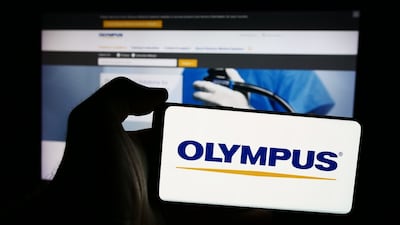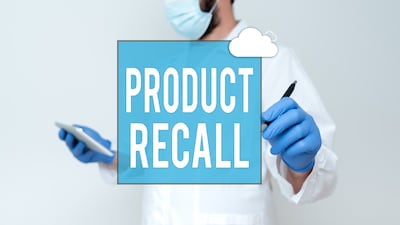Recalls
A warning letter from the US FDA citing concerns of some Abbott continuous glucose monitors will not stop the company from launching a novel diabetes sensor later this year as planned.
Cerenovus is recalling multiple products from its Cerepak Uniform, Cerepak Heliform and Cerepak Freeform product lines due to a higher-than-expected failure to detach rate. While customers were sent a safety alert in October, the US FDA announced the recall on Feb. 5.
The US FDA has warned that Magellan Diagnostics blood lead tests may provide inaccurately high results, particularly with tubes from ASP Global. Magellan’s tests had previously been recalled over inaccurate low results. The FDA also issued warning letters to both firms.
The US FDA says Abiomed has reported 22 serious injuries linked to an issue with some of its temporary heart pumps that provide support to patients with acute right heart failure.
Chatbots can churn out valuable information to patients and give much needed assistance to healthcare personnel. But their mistakes can lead to significant patient harm, which is why ECRI ranks their misuse as the top health technology hazard for 2026.
The US FDA has issued an early alert concerning some Axios stent and delivery systems used in endoscopic drainage procedures after receiving reports of serious injuries and deaths linked to the device.
As requested by a pair of US senators, the GAO has published a report on how the FDA handles medical device recalls. The review found that the agency lacks the necessary staff and regulatory authority to process recalls safely and effectively.
During a webinar hosted by Sedgwick, a pair of regulatory experts discussed how medtech firms can optimize their engagement with the FDA, especially when it comes to communicating recalls and corrective actions.
The US FDA says Olympus has updated its instructions for a device used in many endoscopic procedures after reports of serious injuries. The class I recall follows the FDA blocking imports of other scoping devices from the Japanese firm earlier this year.
Tandem Diabetes Care is positioning for growth in 2026 with the launch of its Mobi Tubeless pump following FDA clearance of its Android-compatible Mobi app while navigating multiple recalls during what CEO John Sheridan called a transformative year.
During the MDIC Excellence in Quality Summit, an expert in product recalls offered several unconventional and somewhat controversial factors that impact how quickly device makers initiate a recall once they discover a problem.
US FDA inspections of three Philips manufacturing sites earlier this year resulted in a September warning letter that claimed the company was not in conformity with current good manufacturing practices. Philips says it is addressing the agency’s concerns and working to enhance its quality systems.
The “Simple Reform” initiative would reverse a 2017 move to ensure FDA investigators were experts in the commodity they inspected or in clinical research regulations.
The recall of various Respironics sleep and respiratory care devices in 2021 plunged Philips into static growth and market share loss. Careful remediation is the group’s top priority, but S&RC head Dan Leonard is determined that the manner of its achievement will be the envy of the industry.
The US FDA’s device center says the pilot program launched last year to streamline its recall process has been a success. It’s now starting to build off the program’s achievements, which means patients could be aware of potential safety issues from more types of devices.
The US FDA has issued a safety alert regarding an Abiomed recall of Automated Impella Controllers, the primary interface for pumps that help to reduce demand on heart’s left ventricle in heart failure patients.
Tandem Diabetes Care initiated a recall last month of several t:slim X2 insulin pumps due to a “malfunction 16” error that can cause the pumps to shut down. The problem is triggered by wiring within the device speaker.
A Johns Hopkins University study found publicly traded companies are responsible for 90% of recalled AI-powered medical devices. The study attributes this link to lower clinical validation, especially among smaller companies, and advocates for increased clinical trials to enhance device safety.
Despite a surge in product recalls across five key industries in the first quarter of the year, medical device recalls were down, according to Sedgwick’s latest recall index. But the firm noted they’ve since ticked up.
Draeger Medical has recalled certain SafeStar and TwinStar ventilation filters after reports of serious injuries caused by misleading carbon dioxide readings.




















